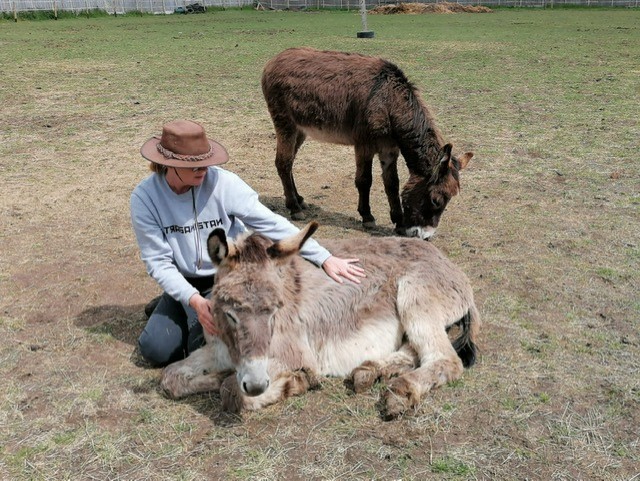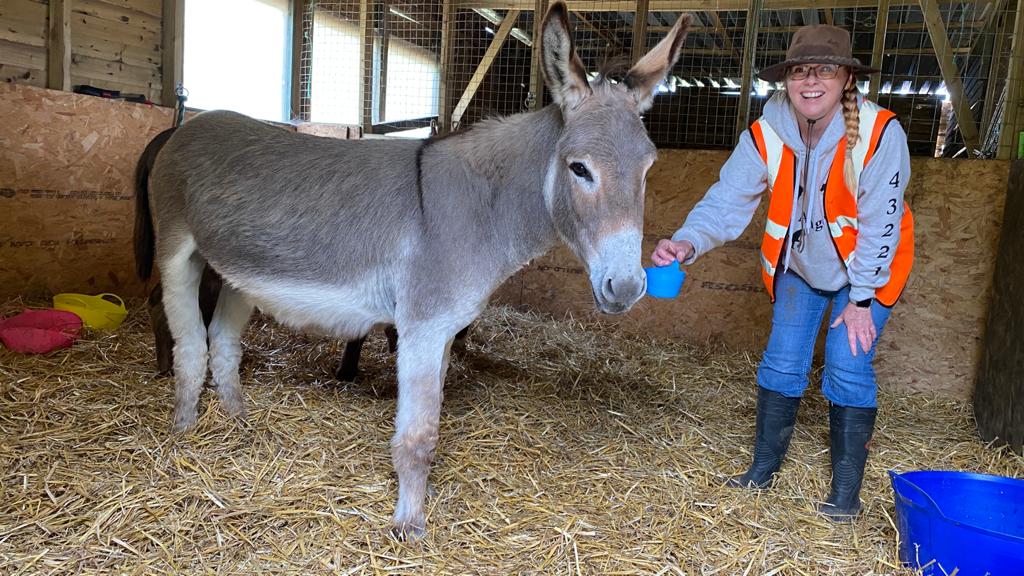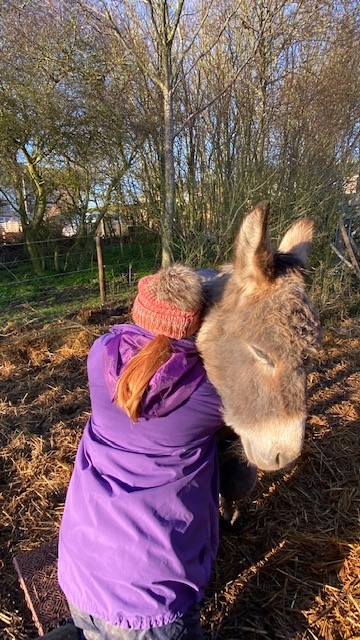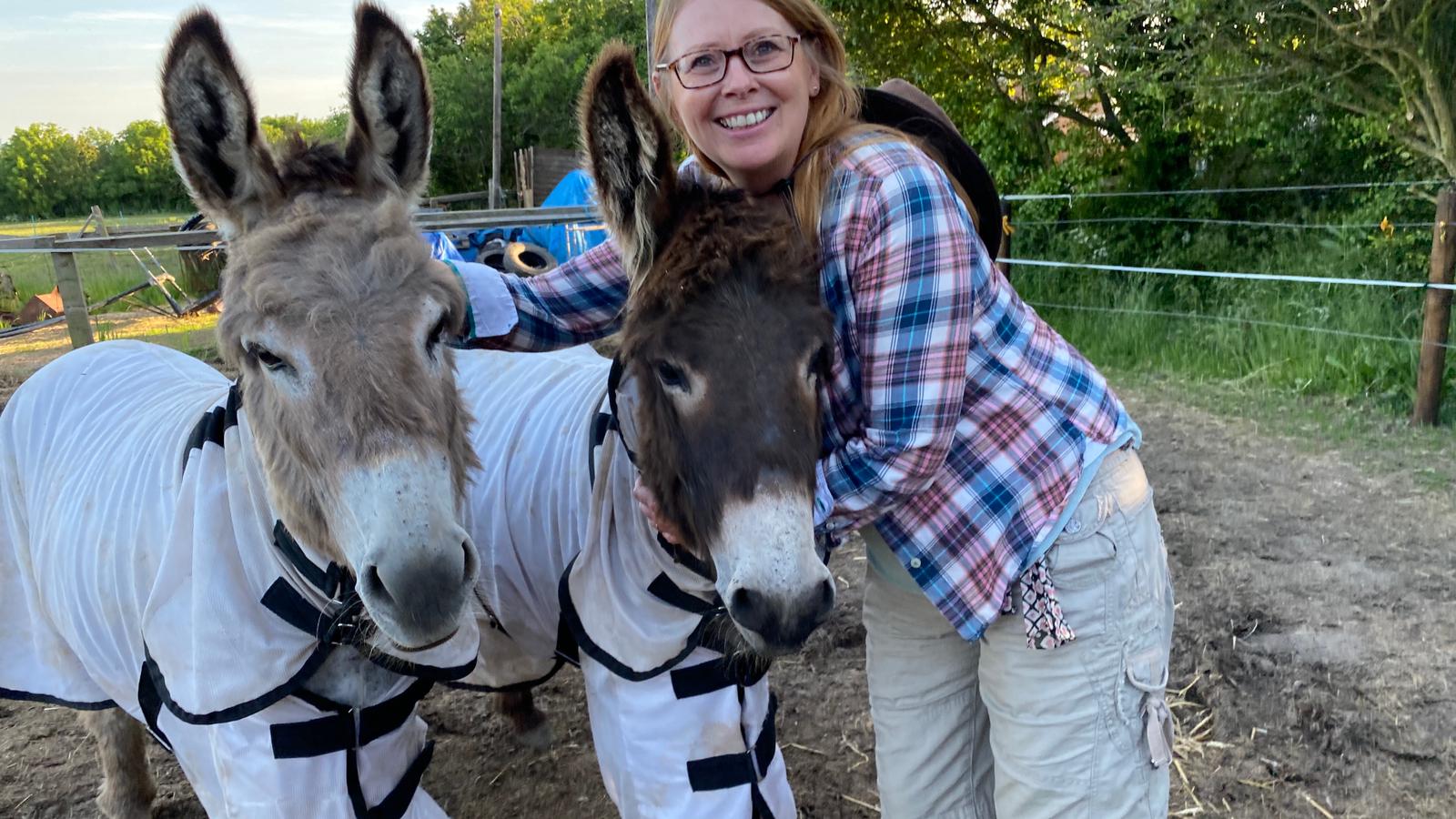Anxiety in children is much more prevalent in society now, as we begin to understand mental health issues and recognise the worries that school children face. School based anxiety, and concerns that have been heightened by the pandemic, may go a long way to explain why school attendance is lower than the years before COVID-19. The latest school attendance statistics show that 99.9% of schools are open, with 87.4% of pupils attending.
New proposals to tackle the avoidable absences in schools, were announced by the government on Tuesday. The new consultation proposes that ‘all schools have robust policies detailing how they will support pupils to attend as regularly as possible. It also sets out how legal intervention, including penalty notices, should be used in promoting good attendance by local authorities.
In light of these potential new measures, Education Secretary Nadhim Zahawi said on gov.uk; “As we transition from pandemic to endemic, it makes me even more determined to fight for children to be in school every day they possibly can be. ”
Also from gov.uk, schools Minister Robin Walker said: “Whether it’s through the support we are providing to schools to keep children learning face-to-face through the pandemic, or the proposals we have published today to help drive down avoidable absence in the medium and longer term, I will continue to do everything in my power to help make sure every young person can benefit from being in school, day in day out.”
However, the mental health of children can be easily missed in an ever changing landscape of what is considered anxiety. A report published by Oxford University Press last month revealed that “Anxiety” was chosen by children as their word of the year for 2021. In the study of 8,000 children, teachers were also asked the words they would use to discuss health and wellbeing. They opted for ‘resilience’. Although resilience has been shown throughout the pandemic, perhaps children have been overlooked as yet another mental health crisis catalysed by covid.
So, how can schools practically change this narrative? How can we ensure the word of 2022 doesn’t halt attendance to school and allows children to be educated properly?
For many children, there may be an answer in the form of a four-legged farm-yard favourite. Pedro and Poncho the donkey’s are providing therapy for school children battling anxiety. They aim to curb this crisis. The donkey therapy and care sessions are run by Angela Edwards, in Bredgar, Sittingbourne. The sessions are aimed at children who are struggling. For example, some visitors have autism,, trauma, anxiety, or are home educated.

Children can enjoy walking, grooming and feeding the animals, while Angela takes care to tailor the experience to what each individual would like to do. Working with secondary and primary age children, Angela offers one to one sessions working outdoors with the donkeys and a fully qualified tutor, as well. Coming from this place of kindness and heroism, she set the business up after one very touching visit.
Andy Larkin had stage four bowel cancer, but he also had a bucket list, and within that bucket list were three simple words; ‘hug a donkey’. Angela saw his story online and arranged for Andy and his family to meet the donkey’s. She said; “When I saw the impact the donkey visit had on Andy, I knew the donkeys could not merely be our fluffy pets; they now had a purpose and mission in life to impact others.”
Her passion now had it’s purpose, so she gained a diploma in Animal Assisted Therapy and purchased two more donkeys. She can now offer more therapy and care sessions in the future.
Many families and parents with young children visit Pedro and Poncho, and find the experience positively changes their child’s behaviour.

“We have had parents tell us they have noticed less melt downs in their children, and parents are pleased to have an experience to take their children to where it can be hands-on, in a large safe environment with no pressure on behaviour or expectations,” Angela said.
Messages and reviews full of support flood into Angela’s inbox almost every time they receive a visit. She said; “A mother of two young boys, Emily, sent me a follow up message yesterday after she and her sons visited for Pablo Donkey’s first birthday and said, ‘Honestly was one of the best things I’ve done with the boys for a long time’.
The parents of a 12-year-old, who can’t face going to school at all due to her crippling anxiety, said that attending sessions like these would be life changing for their daughter. Her father said; “Our daughter is on the spectrum, she struggles with autism and would benefit so much from interactive activity like this. I wish schools would implement something fun and not so demanding for young kids.” Another mother, of a 5 year old boy with autism, was amazed at how well her son behaved at the session with the donkeys, and that it was ‘so heart warming to see’.
Angela prides her practice on being in an outdoor setting, without the potential constraint and structure, schools naturally adhere to. As well as the lack of space and opportunity to bring in donkeys, for example, a mainstream school can only provide adults for the children to speak to. In this form of counseling, similar to puppy classes and therapy, the animals can take the lead. She said; “The donkeys don’t have to do anything other than be there to be observed and of course hugged. It is the animals who are the therapists.”
“Personally, I do not think schools have the resources to individually support each child who experiences anxiety. Schools are being pressured on results, performance, attendance and progress and for the most part do an excellent job.
“My experience is that schools do take anxiety in children seriously, however there just isn’t the resources, time or expertise to deal with it effectively on an individual basis, especially when schools and school staff are being scrutinised for performance and results constantly.”
“Children do need extra support and ideally schools would be able to incorporate some animal therapy for the students who would benefit most.”
Currently training as a Positive Psychology Practitioner, Angela is looking to the future and is keen to take her equine therapy to the next level. She said; “I would like to do more work with teens who are out of school, and to work with school leavers who are struggling to find their way. And it’s not just children who can benefit from time with animals – I would like to support more adults who just need a sense of calm in their lives. I have 5 alpacas that I need to get suitable fencing for and then I can offer time with the alpacas as well. Ultimately, I want to open a care farm!”
So will animal therapy overtake traditional counselling in school, to combat anxiety in young people? Could spending more time with our furry friends, be the answer to making our next generation of children happier?


